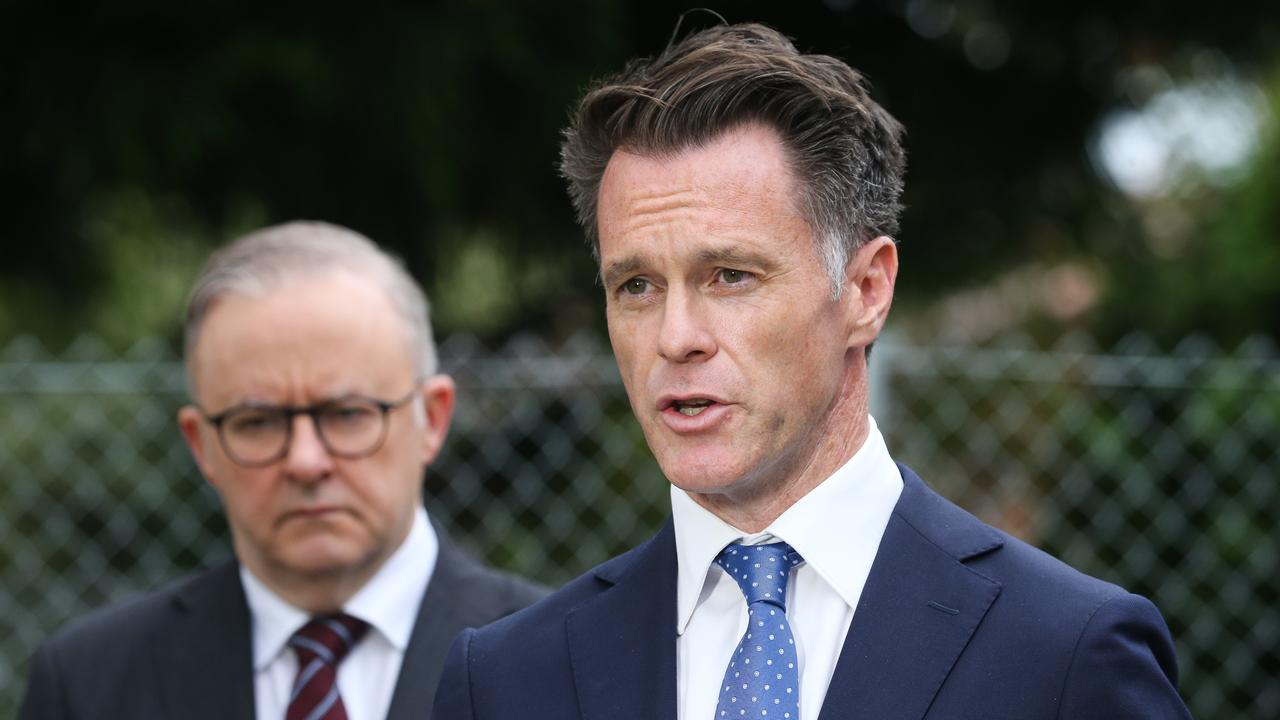How Australian politicians and media were duped by criminal elements in a manufactured anti-Semitism crisis
15 Mar. 2025

The recent wave of anti-Semitic attacks and the so-called “terror plots” in Sydney and Melbourne which have led to the swift passage of controversial hate speech and religious worship laws in Australia have now been exposed as an orchestrated con job. What was initially framed as a terrorism threat, supposedly targeting Jewish communities, is now under scrutiny as evidence emerges of a deception driven by criminal elements and potentially foreign actors, possibly Israeli intelligence to further garner support for Israel.
Recent revelations expose that alleged anti-Semitic attacks, including the Dural caravan incident, were in fact orchestrated by organised crime, not motivated by religious or racial hatred.
Despite warnings from the Australian Federal Police (AFP), political leaders and media rushed to link these incidents to the movement for justice in Palestine. This resulted in the swift passage of restrictive hate crime laws in both federal and NSW parliaments, targeting pro-Palestinian activists.
The Australia Palestine Advocacy Network (APAN) denounced the laws as oppressive and anti-democratic, calling for their immediate repeal. They criticised the government for caving to political pressure and implementing mandatory sentencing, despite knowing such measures do not reduce crime and disproportionately affect marginalised communities.
APAN stressed that the misinformation campaign was driven by anti-Palestinian racism to silence legitimate activism.
The Alliance of Australian Muslims (AAM) and the Australian National Imams Council (ANIC) also condemned the NSW government for pushing through hate speech laws based on false terrorism claims.
They highlighted Premier Chris Minns’ early knowledge that the Dural incident was not terror-related yet proceeded to frame it as such. This caused panic, increased Islamophobia, and disregarded legal experts’ warnings against rushed amendments.
Similarly, the Australian Federation of Islamic Councils (AFIC) criticised political leaders for reckless accusations that led to unnecessary fear and division. They urged politicians to act with responsibility and integrity, fostering unity rather than using crises for political gain.
A carefully constructed deception
In January, Australian media widely reported on a bomb-laden caravan discovered on the outskirts of Sydney, complete with a supposed list of Jewish targets. This, coupled with a series of arson and graffiti attacks on Jewish institutions, led NSW Premier Chris Minns and his government to push through sweeping hate speech laws, granting police extensive powers to curb protests and restrict public discourse.
However, police have now admitted that this entire sequence of events was a “con job” orchestrated by organised crime figures—not a genuine terror threat. Investigators revealed that these incidents were likely intended to distract law enforcement and manipulate ongoing criminal prosecutions. Alarmingly, this information was known to some authorities well before the controversial legislation was enacted.
Foreign actors and the intelligence nexus
Days before the caravan story broke, the Australian Federal Police had already signalled the involvement of “foreign actors” in the anti-Semitic attacks across Sydney. There were reports that individuals were being paid to commit these crimes, raising questions about who stood to benefit from stoking fear and division.
While no definitive foreign entity has been named, speculation has turned towards Israeli intelligence or affiliated networks. Historically, intelligence agencies have been known to engage in covert operations to sway public opinion and policy.
If Israeli operatives were indeed involved, the motivation could have been to push Australia towards harsher legislation under the guise of protecting Jewish communities while also deepening political alignments beneficial to Israel.
Political exploitation and misinformation
Despite knowing the full context of the situation, key political figures continued to frame the caravan plot as an imminent terror attack. Premier Minns and even Prime Minister Anthony Albanese publicly described it as an act of terrorism, reinforcing public fear and justifying the rushed legislation.
It was only after the laws were passed that the police officially ruled out terrorism as the motive, leading to mounting allegations that the public and parliament were deliberately misled.
Independent MP Rod Roberts has called for an inquiry into whether the NSW government knowingly exaggerated the threat to push through its legislative agenda.
Meanwhile, opposition leader Mark Speakman has demanded transparency from the Premier and his police minister regarding what they knew and when.
The real consequences: Division and distrust
The fallout from this deception has been profound. The manufactured crisis has not only eroded public trust in government and law enforcement but has also fuelled Islamophobia, as many initially assumed the attacks to be linked to Islamic extremism.
The Alliance of Australian Muslims and the Australian National Imams Council have condemned the Premier’s handling of the situation, stating that it “caused panic and fear, increased Islamophobia, and undermined social cohesion.”
The Jewish community, too, has been left in a precarious position. While some welcomed the new laws as a protective measure, others now question whether they were manipulated for political and foreign interests.
The fact that organised crime was responsible for the acts that led to these laws only adds to the complexity of the situation.
The need for accountability
With growing calls for a parliamentary inquiry, the NSW government must come clean on the full extent of its knowledge regarding the fabricated terror plot. If foreign intelligence was indeed involved, Australia must take a firm stance against being used as a pawn in international political games.
The broader lesson here is the ease with which fear can be manufactured and weaponised to drive political outcomes. In an era where misinformation is rampant, democratic societies must be more vigilant than ever against narratives designed to manipulate public perception.
The real threat is not just terrorism—but the deliberate engineering of crises to serve hidden agendas.
Mohamed Ainullah is an honorary Sub-Editor responsible for mediascan section of AMUST.